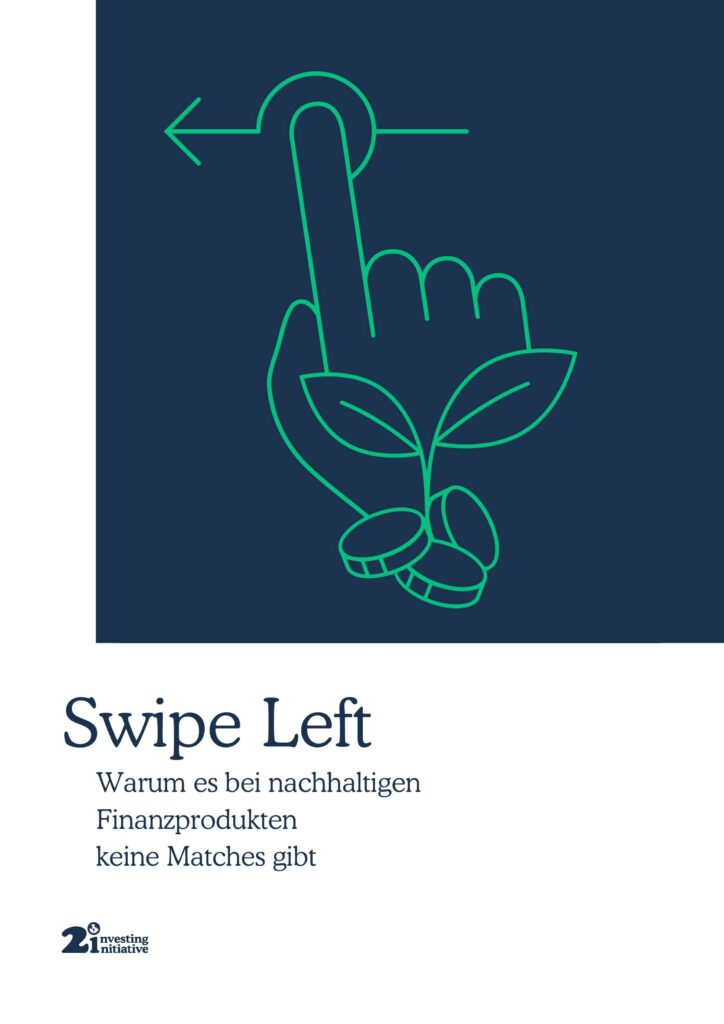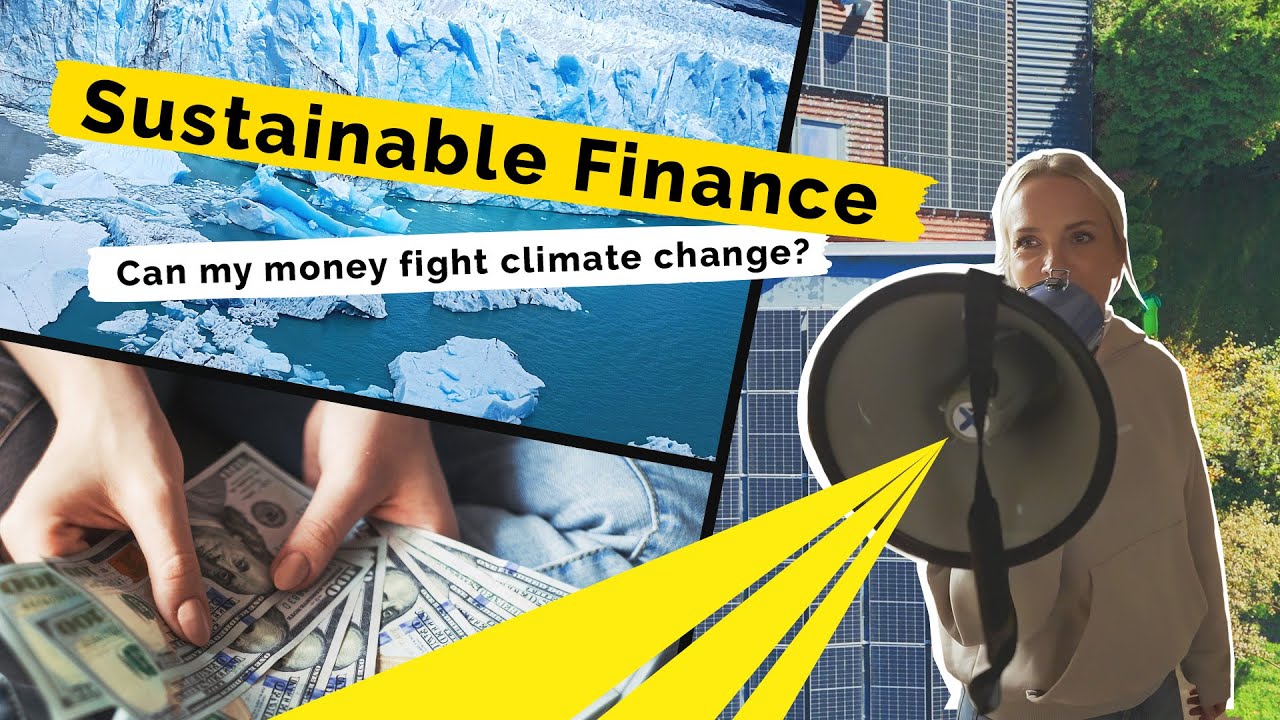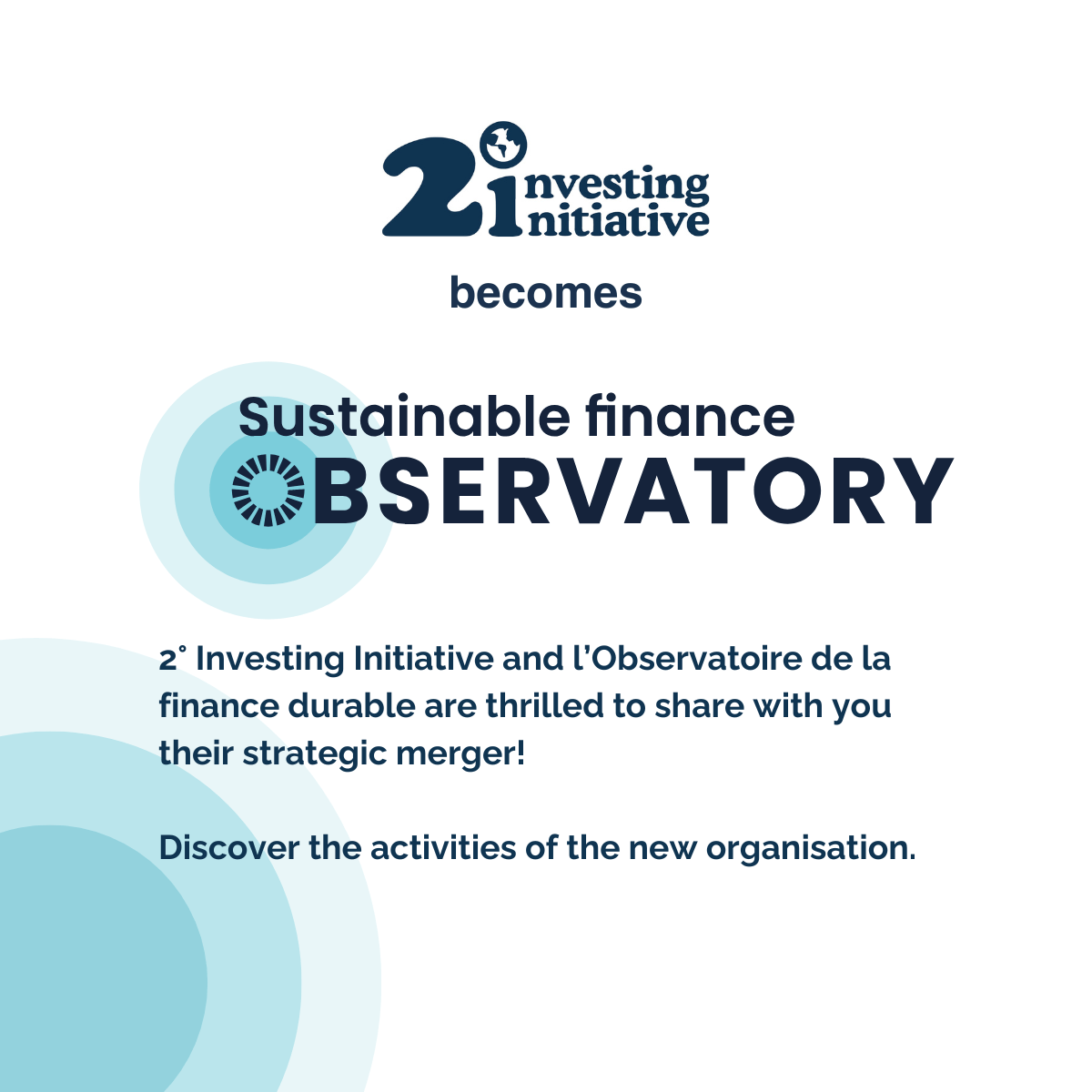[English below]
Neben der Darstellung der aktuellen Situation werden die neusten rechtlichen Entwicklungen diskutiert. Eine Klimaszenario-Analyse von rund 8.000 Fonds zeigt die gewaltige Herausforderung, vor denen die Finanzindustrie steht. Hierfür werden mögliche Lösungswege aufgezeigt.
Über ein Dutzend Studien belegen die hohe Nachfrage nach „Nachhaltigkeit“ unter Privatanleger*innen sowohl in Deutschland als auch international. Eine entscheidende Erkenntnis dieser Umfragen ist neben dem hohen Interesse an Nachhaltigkeit aber auch, dass jeder etwas anderes darunter versteht. Zum jetzigen Zeitpunkt sind jedoch weder spezifisch noch allgemein Nachhaltigkeitspräferenzen oder -ziele in der Kapitalanlage von Privatanleger*innen genügend berücksichtigt, auch weil das Angebot von nachhaltigen Fonds im einstelligen Prozentbereich nicht ausreicht, um die heterogene Nachfrage im hohen zweistelligen Prozentbereich zu decken.
Dies sieht man insbesondere in Bezug auf den Klimawandel. Während Umfragen eine hohe Präferenz für Klimaschutz bei Privatanleger*innen darlegen, zeigt unsere Analyse, dass 84% der im deutschsprachigen Raum zugelassenen Fonds für Privatanleger*innen nicht mit den Pariser-Klimazielen kompatibel sind.
Neue Regeln auf EU-Ebene und in Deutschland sollen dabei helfen, Nachhaltigkeit verstärkt in der Kapitalanlage von Privatanleger*innen über die Anlageberatung zu verankern. Das bedeutet jedoch nicht unbedingt, dass Privatanleger*innen tatsächlich das kriegen, was sie wollen. Zum einen halten Nachhaltigkeitsfonds nicht zwingend das, was sie versprechen. Irreführende Aussagen zu den Wirkungen von Anlageprodukten in der Realwirtschaft sind weit verbreitet. Zum anderen zeigen die Ergebnisse in diesem Bericht, dass auch allgemeine Nachhaltigkeitsfonds im deutschsprachigen Raum nicht immer eine klimafreundliche Alternative sind. Erschwerend kommt hinzu: Während Konsument*innen sich Wirkung in ganz konkreten Themenfeldern von einem Produkt versprechen, bieten Banken meistens nur breit aufgestellte Produkte an.
Um ihre Interessen besser zu wahren und Quellen möglicher Falschberatung zu bekämpfen, gibt es für Verbraucher*innen mehrere Ansatzpunkte: Zivilgesellschaftliches Engagement, um Probleme systematisch anzugehen, Informationsplattformen für Verbraucher*innen sowie Möglichkeiten, sich über konkrete Missstände beschweren zu können.
[English]:
This report focuses on the question of integrating sustainability considerations into retail investors’ financial investments. In addition to presenting the current situation, we discuss the latest legal developments. A climate scenario analysis of around 8,000 funds shows the enormous challenge the financial industry is facing, as well as possible solutions to this challenge.
More than a dozen studies have demonstrated high demand for “sustainability” among retail investors, both in Germany and internationally. One of the key findings of these surveys, apart from the high level of interest in sustainability, is that everyone has a different understanding of what it means. At the moment, however, neither specific nor general sustainability preferences or goals are sufficiently taken into account in the investments of retail investors, partly because the supply of sustainable funds in the single-digit percentage range is not sufficient to cover the heterogeneous demand (in the high double-digit percentage range).
This is particularly evident in relation to climate change. While surveys show a high preference for climate protection among retail investors, our analysis shows that 84% of the funds approved for private investors in German-speaking countries are not compatible with the Paris Agreement climate targets.
New rules at EU level and in Germany are intended to help anchor sustainability more firmly in the investment decisions of retail investors through investment advice. However, this does not necessarily mean that retail investors will actually get what they want. On the one hand, sustainability funds do not necessarily deliver what they promise. Misleading statements about the effects of investment products in the real economy are widespread. On the other hand, the results in this report show that even broad sustainability funds are not always a climate-friendly alternative in German-speaking countries. To make matters worse, while consumers expect a product to have an impact in very specific areas, banks usually offer only broadly designed products.
In order to better protect their interests and combat sources of possible misinformation, there are several approaches for consumers: Civil society involvement to systematically address problems, information platforms for consumers, and opportunities to complain about concrete wrongdoings.





